By Nutritionist Louise Belle
If you get mouth ulcers on the regular, I’m sure you are fed up with the pain and difficulty eating that they bring with them. It’s not uncommon to get the occasional mouth ulcer when you accidentally bite the inside of your mouth, but if you are getting mouth ulcers on the regular there could be something going on behind the scenes.
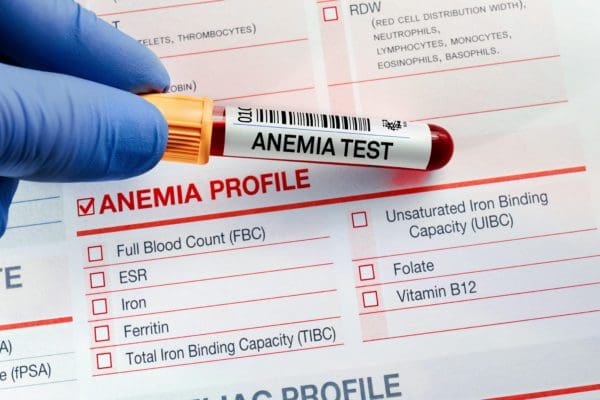

1. Nutrient deficiencies
Deficiencies of B12 and iron are common causes of mouth ulcers, and we often see these in menstruating women and those who don’t eat meat in their diet. If you get regular mouth ulcers and feel tired all the time, there’s a good chance you are low in these nutrients. You can get your iron and B12 checked in a simple blood test. The reference ranges are so broad and even if you seemingly aren’t ‘deficient’ on paper, you might benefit from a little extra. Ideally your ferritin (iron stores) levels will be up towards 100 and your B12 will be around 500. A deficiency in selenium may also contribute to mouth ulcers.
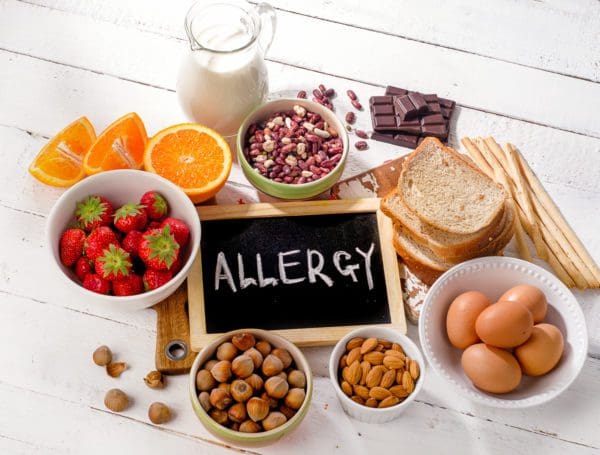

2. Food allergies
It shouldn’t be surprising that eating something our bodies are allergic or intolerant to, could cause an inflamed sore in the mouth. Recurrent mouth ulcers are often a symptom in people with undiagnosed gluten intolerance/ allergy and after switching to a gluten-free diet our patients notice that mouth ulcers are not as frequent. You can literally be allergic to any food so if gluten isn’t it, it could be something else like tomatoes for example – keeping a food and symptom diary can help you to discover a pattern. Trialing an elimination diet under the supervision of a health professional might be necessary. If you’ve been eating a food you’re intolerant to then your gut is likely to be inflamed and leaky – Ultimate Gut Health is a fantastic for healing damage to your gut lining.


3. You’re run down
A tell tail sign of being run down, amongst the fatigue, stress and getting sick is the appearance of mouth ulcers. For me personally, they always turn up when I’m run down, sometimes two or three at a time. It’s a good reminder for me to support my nervous system and immune system with plenty of down time and supportive supplements. Magnesium is fantastic for reducing stress levels and calming the nervous system and as a bonus, it helps with your sleep. Make sure you’re eating plenty of fresh fruit and veggies, not drinking too much alcohol or eating high sugar foods and that you’re getting adequate sleep. Read this article for additional immune support: https://www.cabothealth.com.au/the-11-best-immune-boosting-foods/
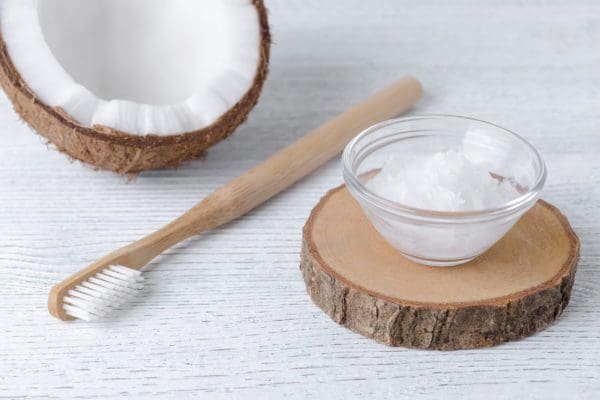

4. Oil pulling
Swishing oil around in your mouth might seem like a weird concept but it’s been practiced in ayurvedic medicine for many years. Bacteria are attracted to fat, so the process of oil pulling draws bad bacteria into the oil to be spat out. Whilst this won’t necessarily prevent the mouth ulcers, it can help to lessen the severity and stop them from getting infected. Simply swish melted 1 tbsp of melted coconut oil around in your mouth for 10 minutes a day whilst you have the ulcer. You can add a drop of tea tree oil also as it’s antimicrobial and let’s not forget the good old-fashioned salt-water rinse.
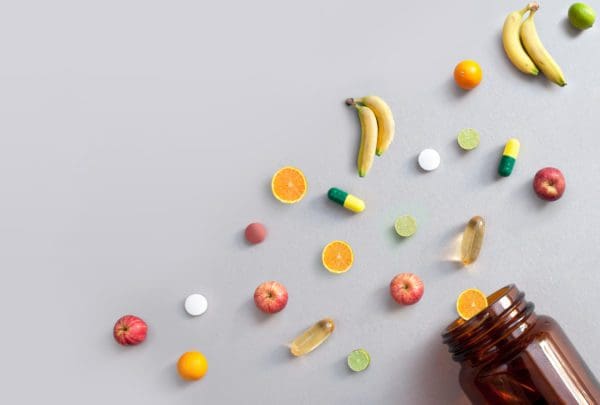

5. Zinc and vitamin C
These are my favourite go-to supplements for mouth ulcers and any type of wound healing. Zinc is required for cell membrane repair and tissue formation, making it essential for repairing a wound, such as a mouth ulcer. Ulcer treatments on the market usually contain zinc for this reason. Many people are actually deficient in zinc so supplementing can be really helpful, especially in those who eat plant-based diets as these are generally lower in bioavailable zinc. Vitamin C is a precursor to collagen formation, which is required for any type of tissue formation and healing. It is also anti-inflammatory. Ensure you are getting enough zinc and vitamin C in your daily diet but during a mouth ulcer occurrence, it would be beneficial to supplement at higher doses to support healing. Collagen Food powder contains both vitamin C and zinc and is fantastic for wound healing and immune support.


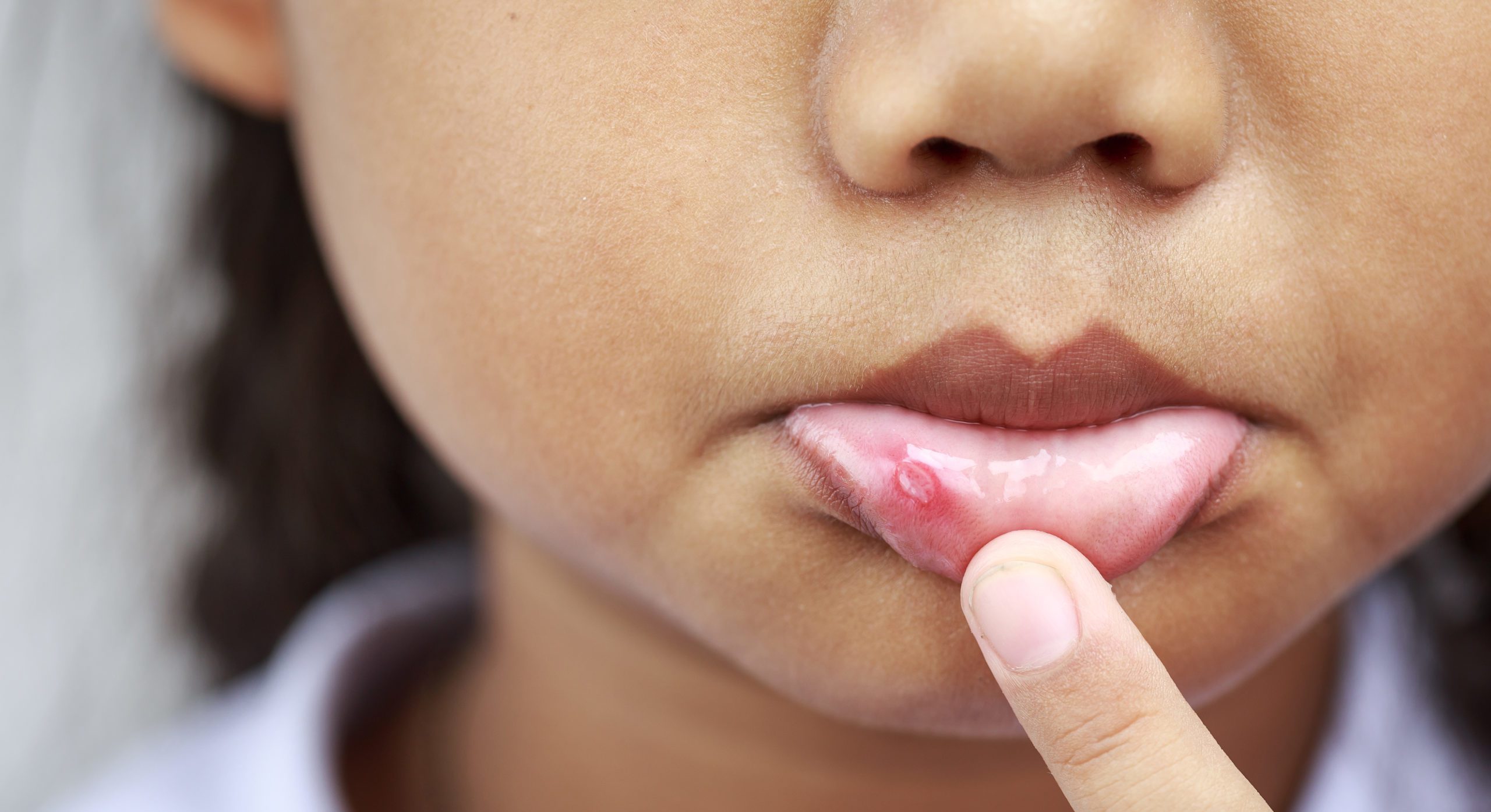





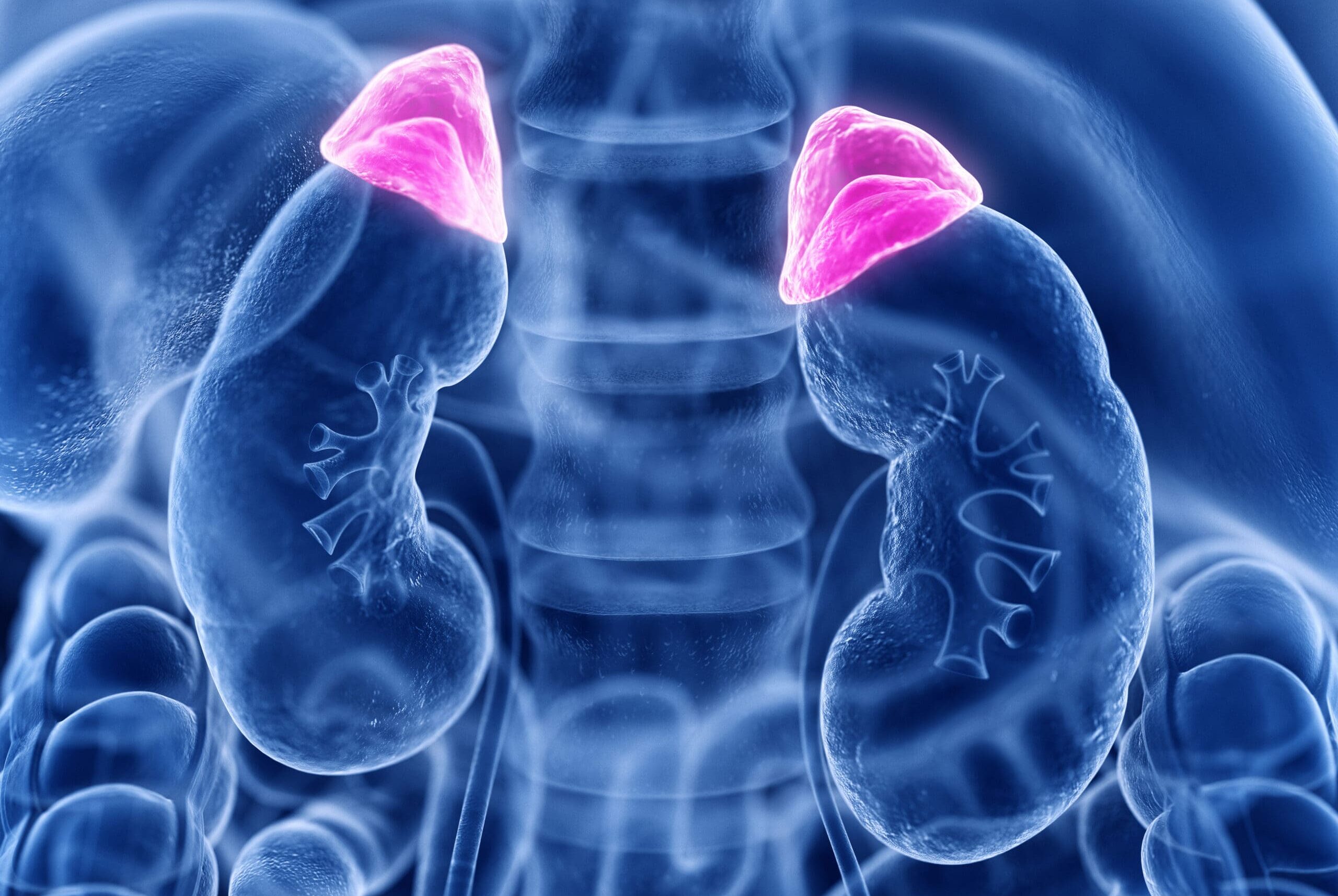
Leave A Comment